Former FBI Director James Comey pleaded not guilty on Wednesday (October 8) to federal charges in Virginia, pursued under the direction of US President Donald Trump.
Comey faces accusations of making a false statement and obstructing a congressional proceeding during his 2020 testimony before a Senate committee.
He appeared in US District Court in Alexandria, where his lawyer, Patrick Fitzgerald, said Comey plans to seek a jury trial.
Two federal prosecutors from North Carolina have been assigned to the case, suggesting that Lindsey Halligan, the interim US Attorney for the Eastern District of Virginia, struggled to find prosecutors from her own office willing to take it on.
Halligan was appointed by Trump after her predecessor, Erik Siebert, resigned under pressure, reportedly due to reluctance to pursue a grand jury indictment against Comey.
‘I’m not afraid’: Comey
“I’m not afraid, and I hope you’re not, either,” Comey said in a video message after his indictment last week, The Independent reported.
“My heart is broken for the Department of Justice, but I have great confidence in the federal judicial system.”
Background: Trump, Mueller investigation, and retribution
Comey — whose firing by Trump during his first term led to the appointment of special counsel Robert Mueller — has long been a target of the president and his allies over the investigation into whether Trump’s associates coordinated with Russia to influence the 2016 election. That probe overshadowed Trump’s first term and influenced his 2024 campaign, fueling his promises of retribution against perceived political opponents.
The case against Comey is the most high-profile prosecution of Trump’s perceived rivals so far. Trump reportedly directed the Justice Department to investigate Comey and others. Alongside former Attorney General Pam Bondi and a reshaped Justice Department, Trump is also pursuing Democratic officials, progressive groups, and ideological opponents allegedly linked to terrorism.
Comey, a registered Republican with decades at the Justice Department, is the first former senior official to face criminal charges under Trump’s retribution campaign. Trump called him “one of the worst human beings this country has ever been exposed to” on Truth Social.
Impact Shorts
More ShortsThe legal process so far
Earlier, prosecutors had rejected charges against Comey over his Senate testimony, citing insufficient evidence. The indictment came after Trump pressured the acting head of the US Attorney’s Office in the Eastern District of Virginia to resign and appointed former personal lawyer Lindsey Halligan, who presented the case to a grand jury that voted to indict Comey last month.
If convicted, Comey could face up to five years in prison. To be found guilty of making false statements to Congress, a jury would need to determine that he knowingly misled senators during the 2020 Senate hearing on the FBI’s Trump-Russia investigation. The indictment also references a separate 2016 investigation into Hillary Clinton’s foundation.
What the indictment alleges
The two-count indictment accuses Comey of lying during his Senate Judiciary Committee testimony on September 30, 2020. Prosecutors claim he denied authorising an associate to act as an anonymous source for the media and attempted to obstruct a congressional proceeding.
Comey denies the allegations and says he looks forward to defending himself. The indictment provides few specifics — it does not name the associate or detail what information may have been shared — making it difficult to assess the strength of the case.
Implications and outlook
While indictments usually mark the start of a lengthy legal process, the Justice Department has framed it as a major step forward. A conviction could be hailed by Trump’s supporters as proof of their case, while an acquittal or dismissal might be portrayed as evidence of bias against them in the justice system.


)
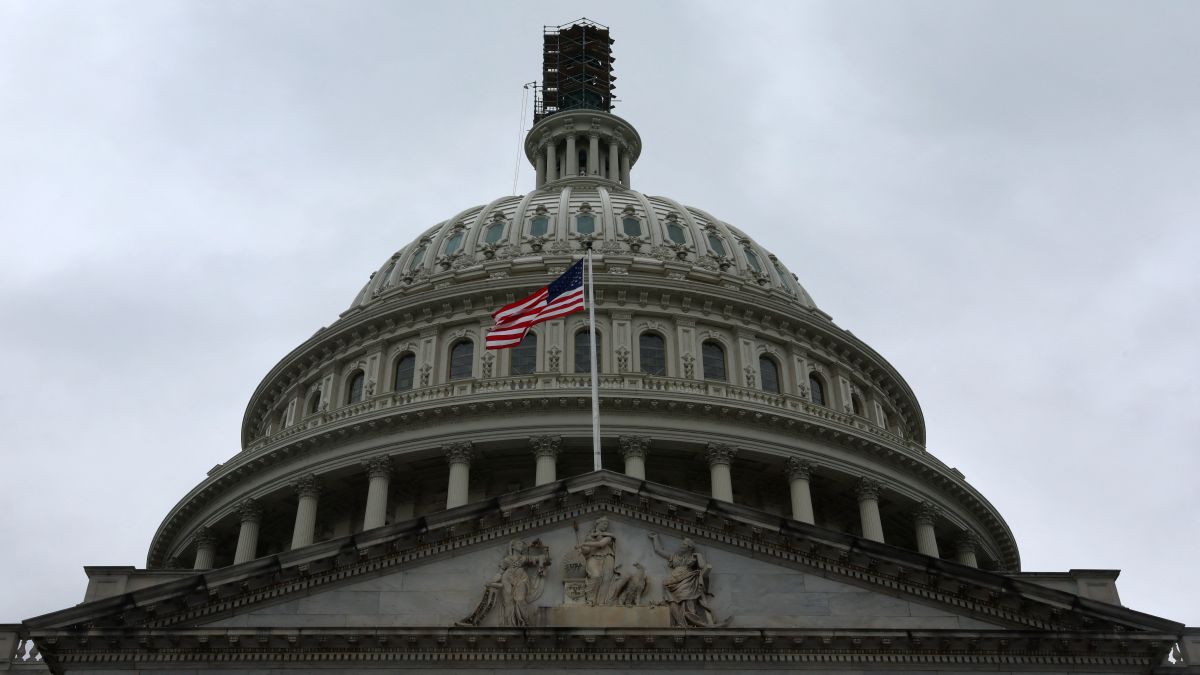
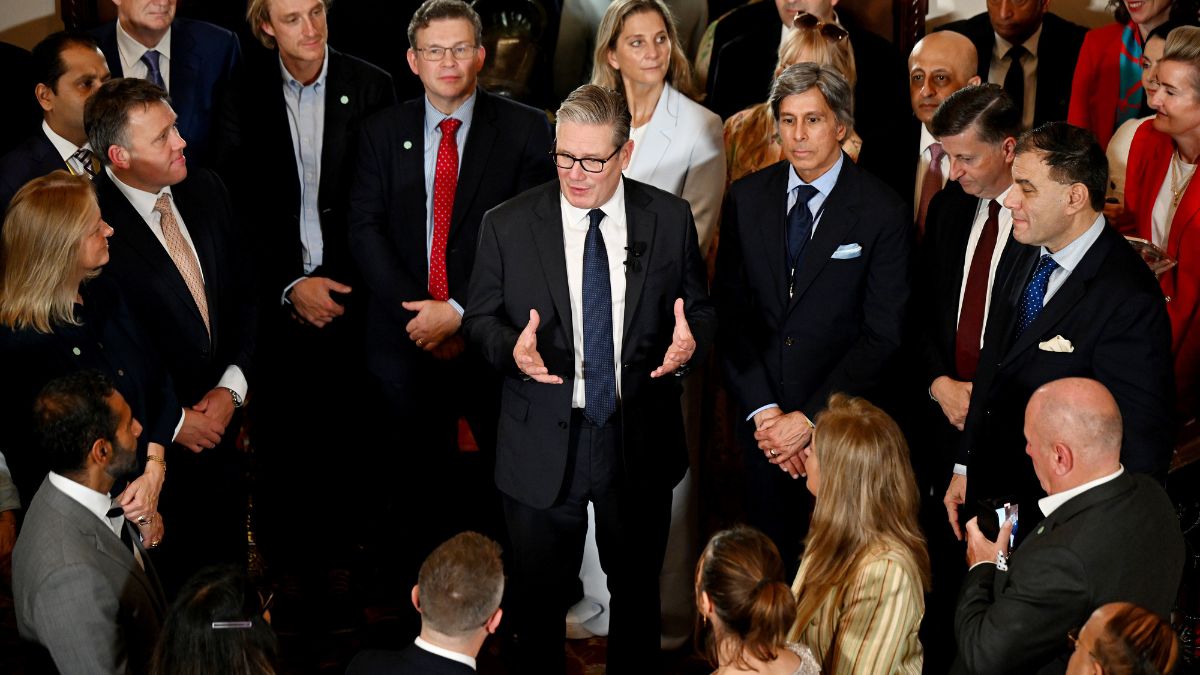)
)
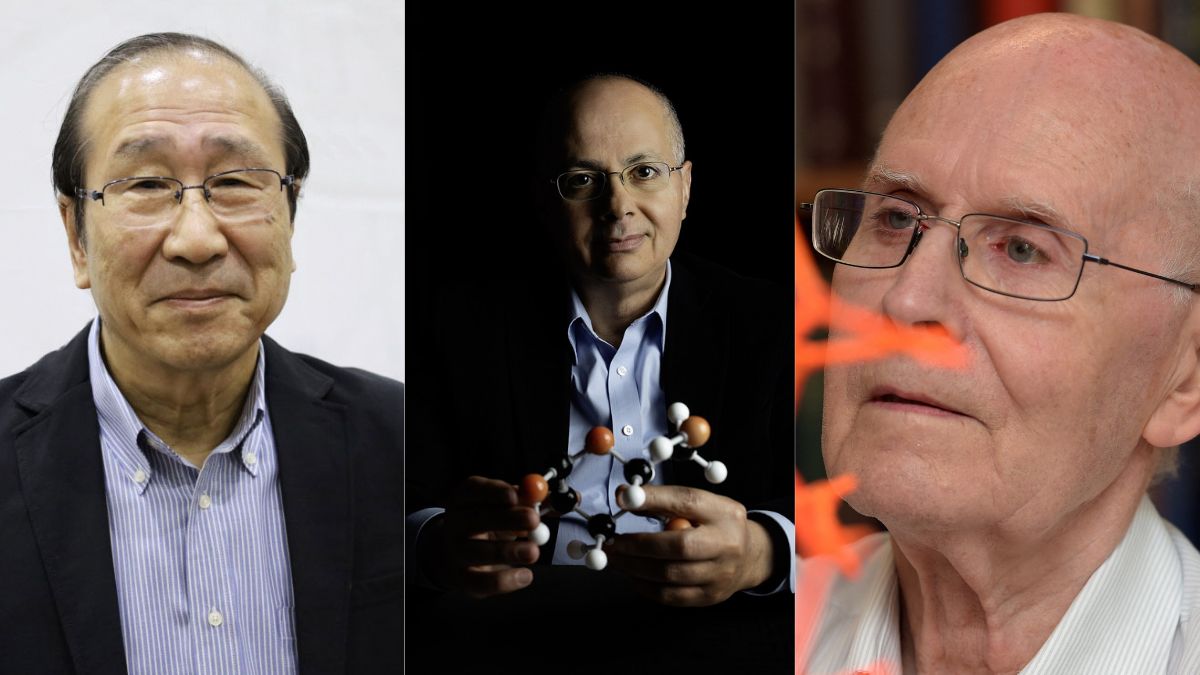)
)
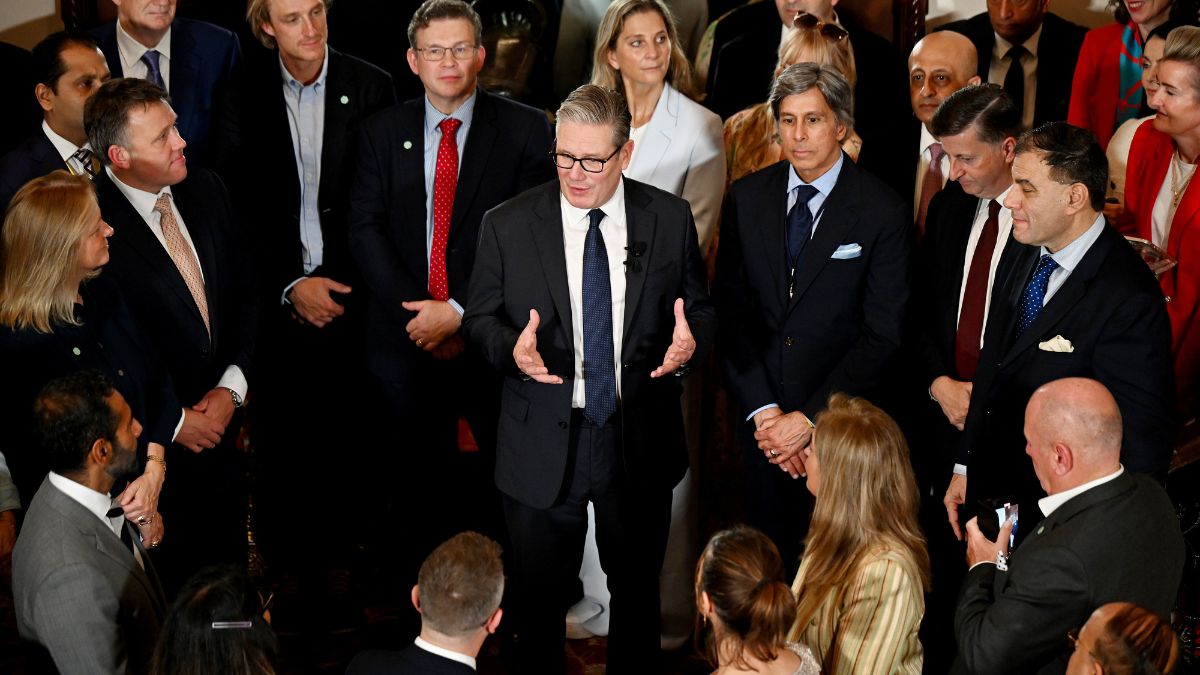)
)
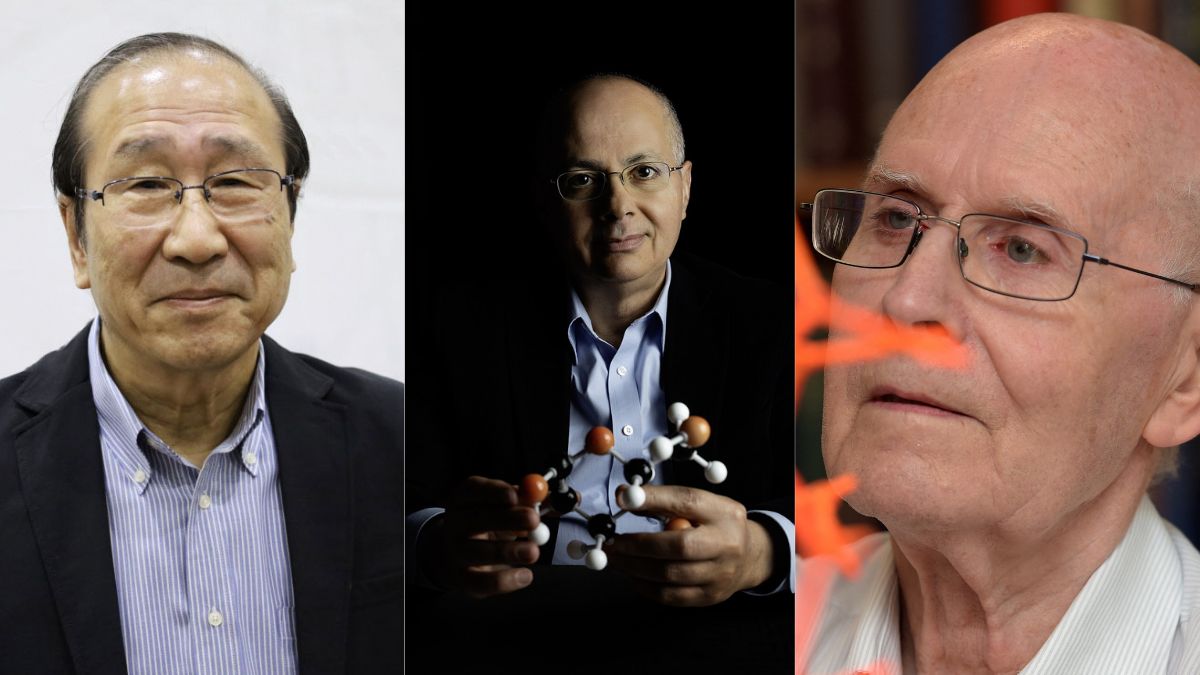)
)



